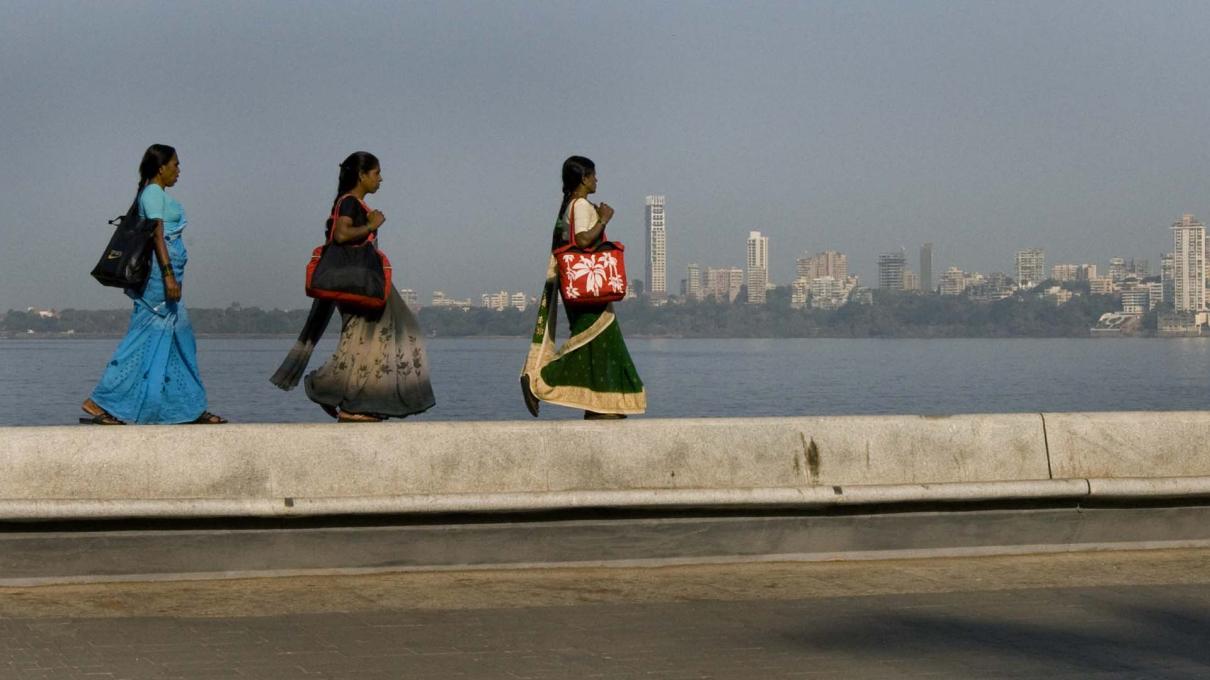Feminist Smart Cities: Centering the Margins by Co-Designing for Safety in India

Catherine D’Ignazio, Radhika Radhakrishnan
Of the six million crimes that were recorded in India in 2021, 428,278 cases involved crimes against women.1 Noting a rise in gendered crimes, in 2019, the central Government of India sanctioned INR 2,919.55 crore (around USD 360 million) under the 'Safe City Project’ to deploy facial recognition-enabled CCTV cameras and drones in eight cities for providing “safety to women in public places.” In 2015, the government had launched the ‘Smart Cities Mission’ in 100 cities with a budgetary allocation of INR 191,294 crore (around USD 25 billion) to develop smart cities equipped with similar surveillance infrastructure aimed towards the “safety and security of citizens, particularly women.”2
In light of literature critiquing gendered safety measures that curtail women's movement through surveillance, the massive capital investment allocated for implementing these national projects raises the question of where investment is most needed for actualizing women’s public safety in urban cities. In other words, what would a feminist smart city look like for women and trans*-queer communities? How different would it be from the surveillance-driven infrastructure that is at the heart of ongoing state endeavors of producing safety?
For the LCAU seed grant, our project goals are: (1) to solicit voices from the ground of social workers, women's rights groups, and gender-minoritized communities in India to foreground their perspectives on which specific areas would capital be best allocated to create safer public spaces for women in urban India (2) to use this data to create a public-facing digital visualization map and website highlighting and amplifying these voices from the community, and (3) to support with organizing the participant grassroot communities to use these outputs to influence policy and integrate a more democratic process into smart city projects that aim to address safety and mobility.
Image: Three women of Mumbai (Credit: Steve Evans, Wikimedia Commons)
This research is funded by 2023 Norman B. Leventhal Center for Advanced Urbanism Seed Grant.


